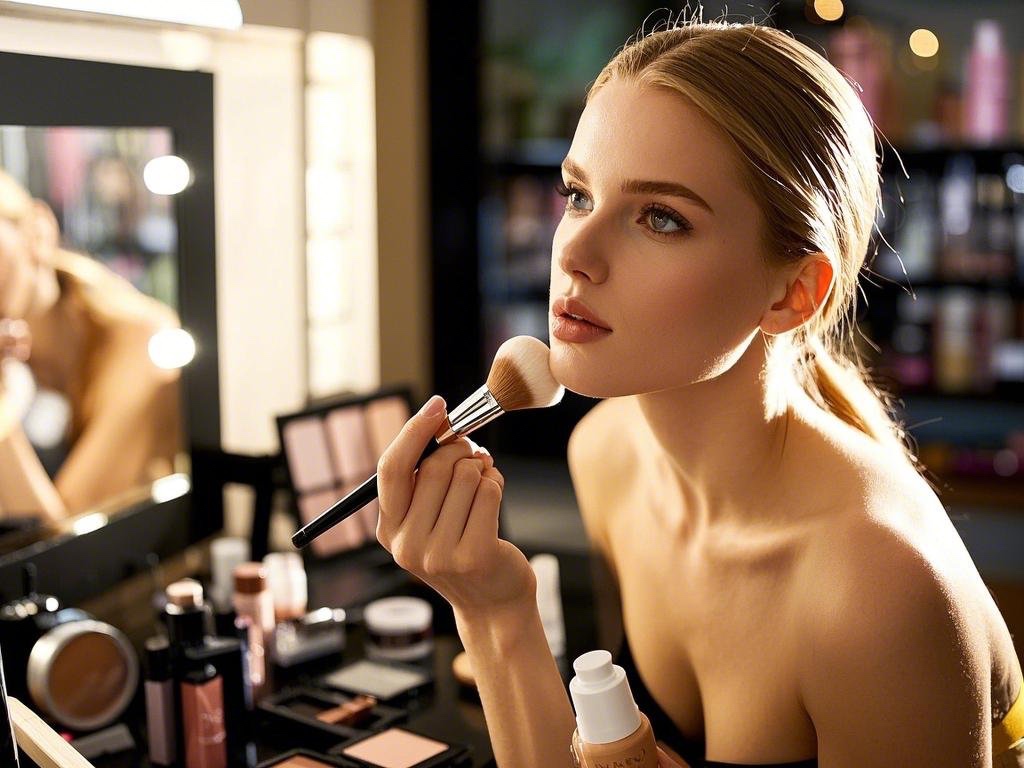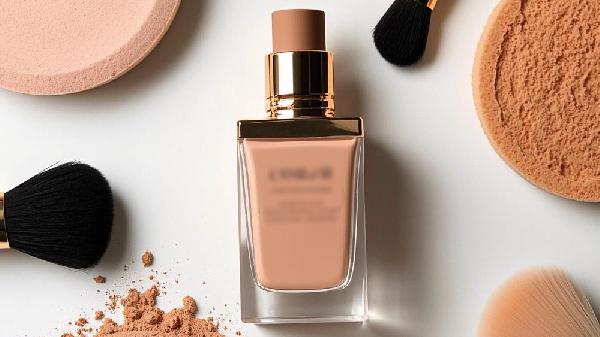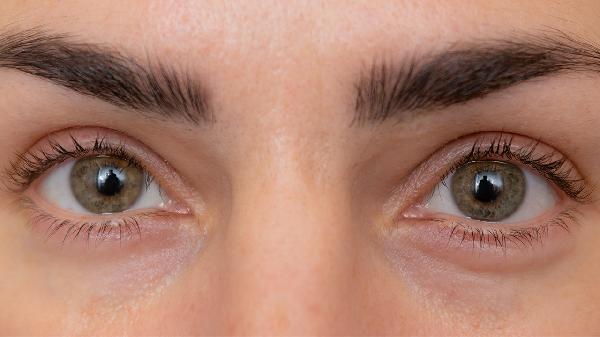Everyone's skin characteristics are different, and these different traits often lead to various manifestations. The most common skin types we encounter in daily life are mainly dry skin, oily skin, and normal skin. Additionally, there are sensitive skin and combination skin, among others. Based on the different skin types, daily skincare routines can be more targeted. Let's take a look at the details.
How to Identify Your Skin Type
To protect your skin and choose the right cosmetics, you must first understand what type of skin you have. Based on skin characteristics, human skin can be categorized into five different types.
(1) Dry Skin
The stratum corneum of this skin type contains less moisture. When skin secretion decreases, the evaporation of moisture from the stratum corneum speeds up, making it difficult to retain. As a result, the skin surface becomes dry, loses its elasticity and luster, and is prone to wrinkles. This type of skin cannot withstand wind and sun exposure; over time, it may turn red and develop flaky skin. In cold and dry seasons, the stratum corneum may appear as powdery flakes on the skin surface, making it prone to cracking, thus forming a cracked skin type.
(2) Oily Skin
This skin type has enlarged pores and excessive sebum production, giving the surface a shiny appearance and making it less prone to wrinkles. However, due to the excess sebum, dirt easily clings to the skin, leading to acne and small bumps.
(3) Normal Skin
This skin type has balanced sebum and moisture secretion, making it the healthiest type of skin. It is firm, smooth, elastic, with no visible pores, and has a rosy, radiant complexion. It is also less sensitive to external stimuli.
(4) Combination Skin
In some people, the forehead, nose, and chin areas produce excessive sebum, with enlarged pores and even blackheads, acne, and blemishes, classifying them as oily skin. Meanwhile, other areas like the cheeks are drier, falling under the dry skin category. In other words, two different skin types coexist, making it combination skin.
(5) Sensitive Skin
Sensitive skin often has enlarged pores and excessive sebum production. Applying cosmetics can cause skin allergies, redness, and itching. In severe cases, there may be intense reactions to creams, even causing a stinging sensation. Allergic symptoms vary widely; some may develop red patches after sun exposure, while others may experience rashes, redness, and itching after consuming alcohol or spicy foods.
























